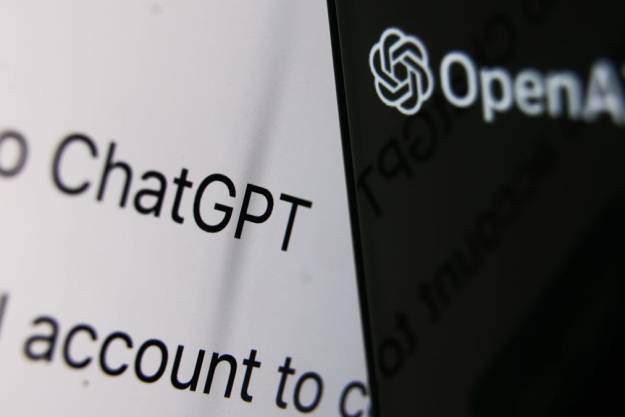ChatGPT is back offline after being down for over three hours. OpenAI has restored service for free and paying users, but it’s continuing to monitor the service as it comes back online. That might mean you’ll see more “at capacity” messages than normal
The outage only impacted ChatGPT itself. OpenAI’s API and other research websites stayed live, powering ChatGPT alternatives and services like Microsoft’s Bing Chate. In addition, OpenAI’s other models, such as DALL-E 2, stayed online, as well.

The outage was due to “database instabilities,” and started rolling out a couple of hours after the servers were taken offline. OpenAI restored service for ChatGPT Plus subscribers first, waiting for around 30 minutes before restoring the service for free users.
Down Detector showed a peak of user reports around 8:30 a.m. PT, as well as a spike around 11 a.m. During this time, OpenAI was testing fixes that allowed some users to access the AI chatbot. However, after discovering the root of the problem, OpenAI temporarily took ChatGPT offline to work on a fix.
This is the second major outage ChatGPT has seen in the last 90 days. The service experienced another outage on February 21, which brought down the chatbot for four and a half hours. You can keep an eye on OpenAI’s status page to see when the service becomes available again, as well as subscribe for updates.
Server capacity is one of the biggest issues with ChatGPT right now. OpenAI’s viral chatbot has become overwhelmingly popular, often showing “at capacity” messages when new users try to access the service. OpenAI’s status page shows 17 outages for the API over the past 90 days, some of which lasted over five hours. This could become a larger issue with time, especially as services like Snapchat move to integrate ChatGPT.
Now that ChatGPT is back online, make sure to read our roundup of the best ChatGPT tips to get the most out of your chatting.
Editors' Recommendations
- The best ChatGPT plug-ins you can use
- GPT-4 vs. GPT-3.5: how much difference is there?
- OpenAI needs just 15 seconds of audio for its AI to clone a voice
- We may have just learned how Apple will compete with ChatGPT
- Copilot: how to use Microsoft’s own version of ChatGPT




